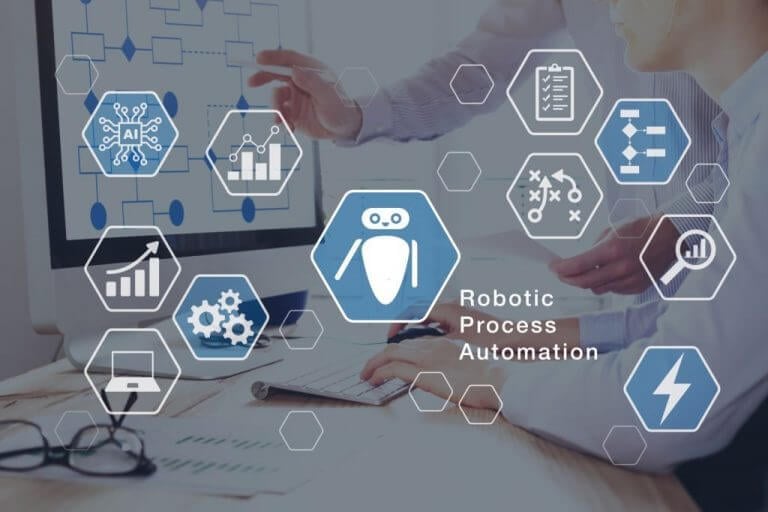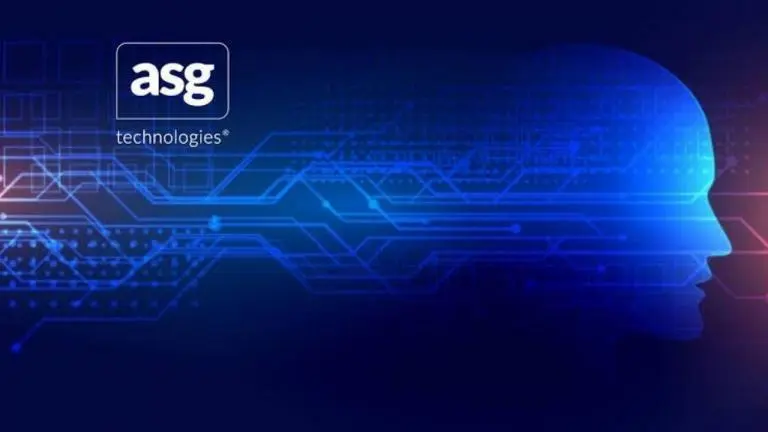The Good and Bad of Educational Use of AI

Artificial intelligence in the 2020s has proven to be one of the most exciting tech developments yet, and it’s only warming up. However, as much potential as it holds, there are also associated risks, which is as true in education as anywhere else. AI could cause a host of problems in the wrong hands, but in the right hands, it could present educational opportunities far beyond anything that came before. Looking at both sides, we want to explore the inevitabilities for which the next few years must be prepared.
Using AI to Trick
AI is already adept at fooling humans in some applications. As shown by PIA, 51% of people in a survey of 380 couldn’t identify a real literary quote from a fake one. Though detection varied heavily depending on the popularity and era of the novel from which real quotes were pulled and fake quotes created, 51% is still a shocking number. AI is still in its early days, so this ability to trick will only expand beyond fun literary quotes and into more concerning areas.
AI presents a problem in how easy it could become for students to fake essays with programs like ChatGPT. Business Insider reports this has already happened, and it’s not likely to become less common as AI grows in both notoriety and capability. If undetected, AI could allow students to pass courses they have no business passing, eventually putting them in positions of responsibility and influence they’re not equipped to handle. For example, you don’t want a medical doctor to have faked their way through some courses.
The other side is that AI can also be used to detect AI with what are called discriminative systems. NPR notes that this AI is already seeing rollouts, and like generative AI, it will only improve. In the future, discriminative AI could be used to check massive changes in a student’s writing style, detect outright AI-driven text, and even point out AI use years after the fact. After all, something written down will stay that way, but predictive systems to check text will not.
Broadening Education
On a much more positive front, AI-driven education systems delivered online could reshape how much of the world learns. We’ve already seen online learning embraced over the last few decades, and AI could raise the potential of this approach. As covered by the LSBF, AI could aid with personalized learning paths, adaptive learning, intelligent tutoring systems, natural language processing, and more. Though the effect might not be too pronounced in the upper echelon of educational systems, it will open the doors to those lower on the socioeconomic ladder.
Artificial intelligence is still in the early days of its latest generation, and we still have a lot of work to do before we learn how it can be introduced, used, and detected. However, the revolution of AI will mark an important point in history, and it shouldn’t be underestimated. As for whether it will provide net harm or good, we’d remain cautiously optimistic, at least for now.






